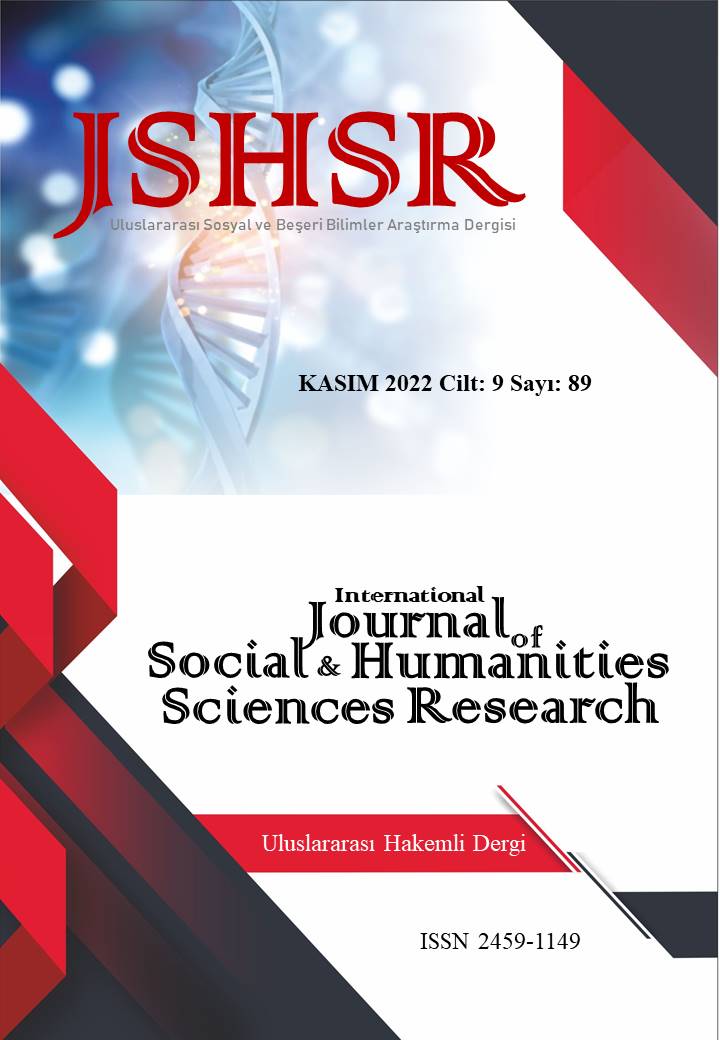DEMOCRACY EDUCATION ACCORDING TO THE VIEWS OF PRESERVICE SOCIAL STUDIES TEACHERS
DOI:
https://doi.org/10.26450/jshsr.3345Keywords:
Democracy education, social studies, preservice teacherAbstract
Democracy education is a process in which individuals acquire democratic behaviors through their experiences. It aims to raise active individuals who know and adopt human rights and freedoms, who respect and defend democratic values. Social Studies is the only lesson that focuses directly on citizenship education. Studies are the only lesson that focuses directly on citizenship education. The purpose of this study is to reveal the views of preservice Social Studies teachers on democracy education. The views of preservice Social Studies teachers have been determined using a qualitative research model, case study design, and data collection and the data have been analyzed using a descriptive analysis technique. The working group of the study consists of 40 preservice teachers receiving education in the 4th grade of Social Studies teaching. In order to acquire the data, a semi-structured interview form prepared by the researcher has been used. Social studies teacher candidates; educating active citizens of democracy education; is important for the development and continuity of a democratic society; stated that education is more at the level of knowledge. Pre-service teachers emphasized many problems such as the fact that the information given in democratic education could not be put into practice due to the lack of practice, the concepts were not fully embodied, and the democratic environment was not created in the classroom. As solutions to problems; It was stated that implementation in the courses, increasing the activities, diversifying the methods and techniques, and giving in-service training for democracy education
Downloads
Published
How to Cite
Issue
Section
License
Copyright (c) 2022 INTERNATIONAL JOURNAL OF SOCIAL HUMANITIES SCIENCES RESEARCH

This work is licensed under a Creative Commons Attribution 4.0 International License.


